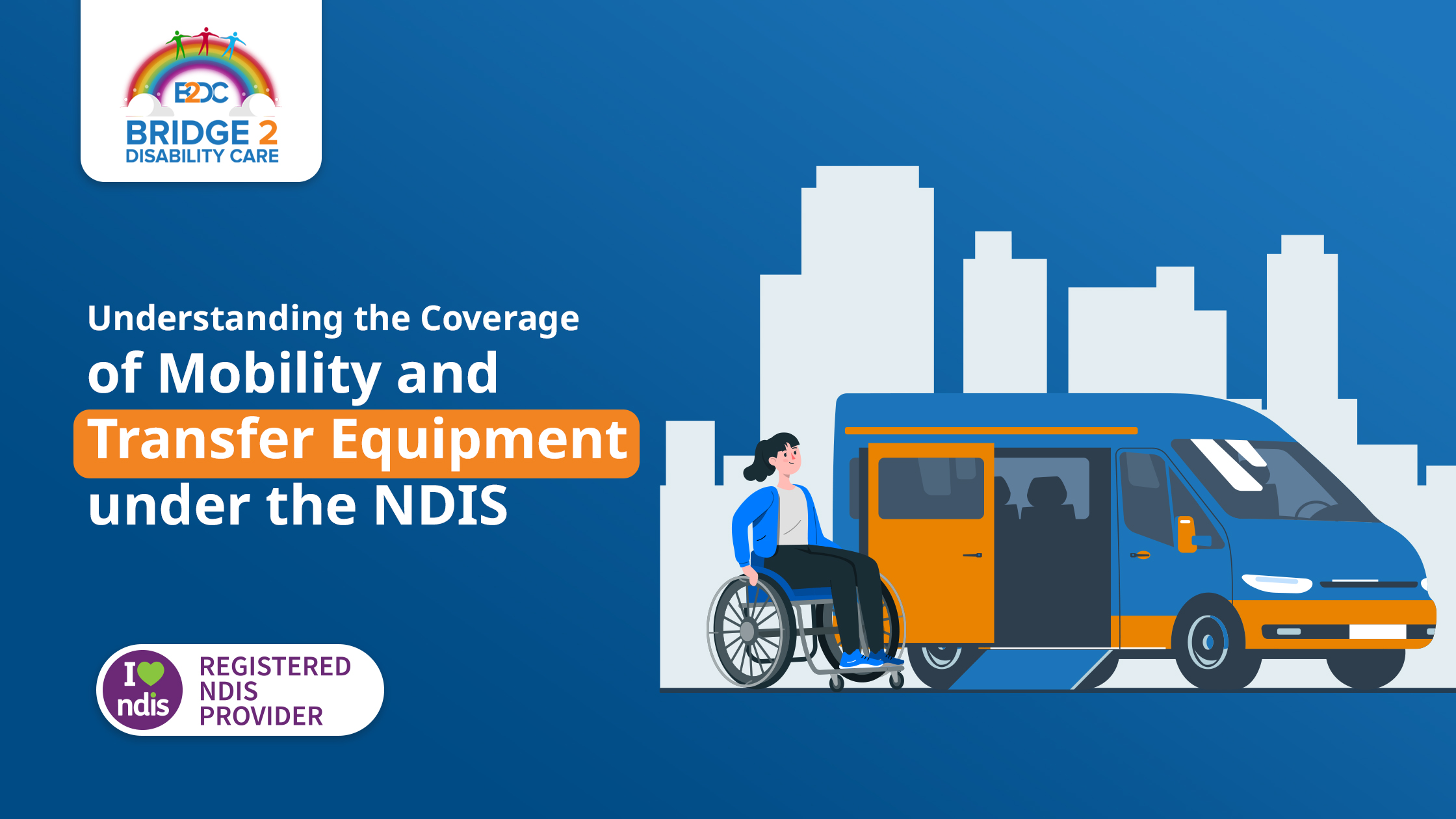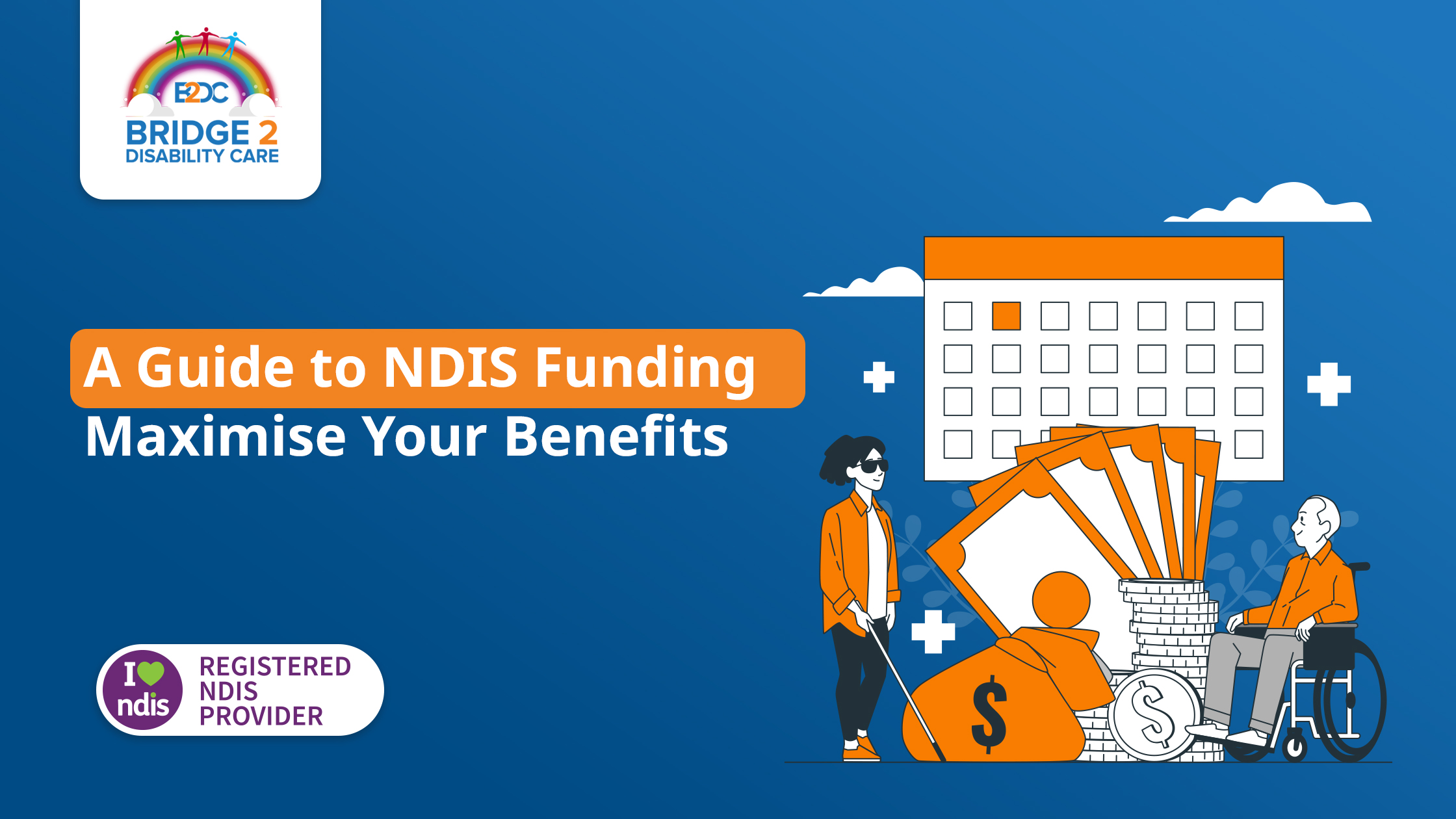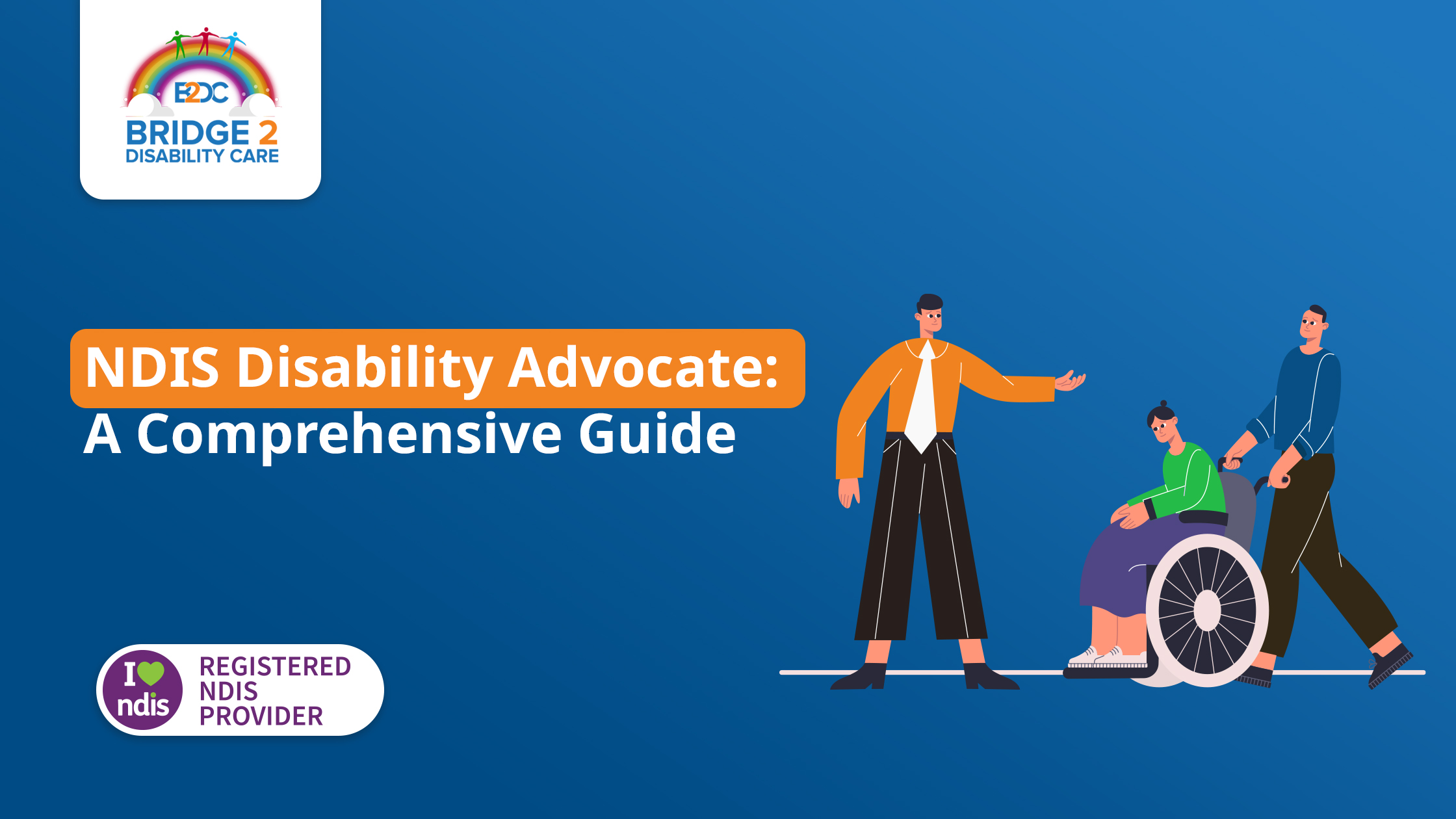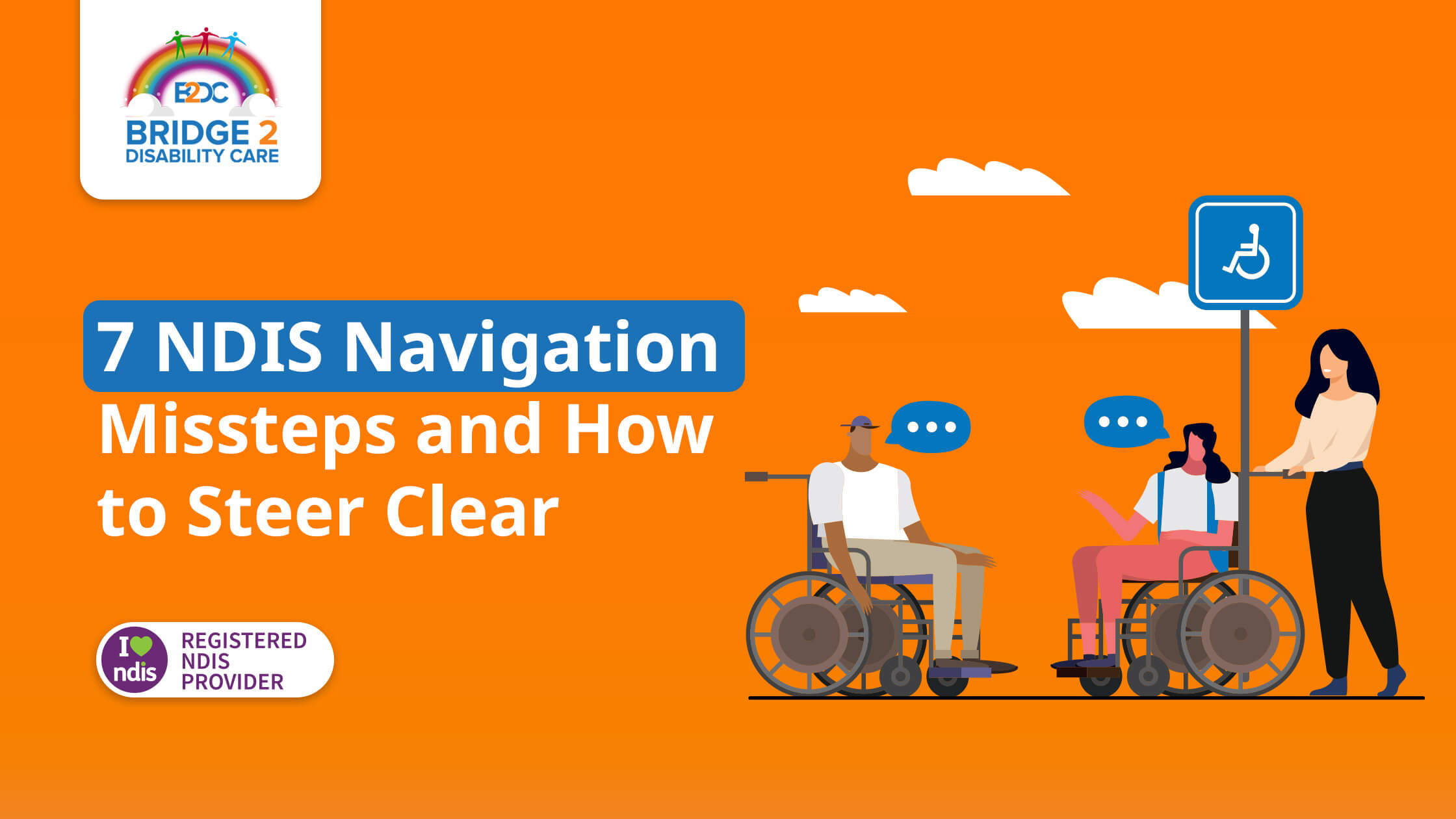If you’re autistic and on the NDIS, navigating the complexities of your plan can be overwhelming. A support coordinator can make a real difference.
The role of an NDIS support coordinator is pivotal in this journey, offering a pathway not just to meet immediate needs but to unlock a full spectrum of services.
This article will delve into the crucial aspects of maximizing autism support through collaboration with an NDIS support coordinator.
Who Is Support Coordinator:
The support coordinator is a professional who can help you understand and use your NDIS Plan effectively. They assist in a variety of ways depending on your specific needs, goals, and circumstances.
A support coordinator not only has a solid understanding of how the NDIS works, but they are also well-connected and can help you find supports in your area. There are many other ways that a support coordinator can help you to be better organized with your NDIS plan.
From children with autism to autistic adults, a support coordinator can help ensure you receive the support and services you need to thrive.
How a Support Coordinator Can Help:
Support coordinators guide you through the entire process. It is important to remember that support coordinators aren’t advocates. They can’t represent you or sign agreements on your behalf.
- Expert Guidance: Support coordinators possess in-depth knowledge of the NDIS and its workings, providing clear explanations and guidance throughout the process. Their assistance can significantly reduce stress, allowing you to focus on living your life.
- Utilizing Your NDIS Plan: Support coordinators are adept at understanding NDIS budgets and can help you plan the use of your supports to best suit your needs. They assist in aligning your goals with your NDIS Plan, tracking progress, and making adjustments as needed.
- Connecting with Community Supports: Support coordinators have extensive connections and can link you to non-NDIS supports, including community groups, mainstream services, and other resources. For families with autistic children, they can connect you with relevant community organizations and support groups.
For autistic teenagers transitioning to further education or work, they facilitate the integration of NDIS and non-NDIS supports. They also guide you in obtaining companion cards, housing assistance, Centrelink supports, and travel concession cards.
- Finding Alternative Supports: When your NDIS Plan doesn’t cover all your needs, support coordinators help find alternative solutions. They can locate affordable services within the mainstream system, such as occupational therapists or mental health professionals, ensuring you receive necessary support without excessive out-of-pocket expenses.
- Building Skills and Capacity: Support coordinators collaborate with other professionals to develop strategies and resources that help build skills for NDIS participants and their families. They provide education and training on how to best support autistic individuals, explain NDIS-funded supports, and offer guidance on understanding your NDIS Plan.
- Effective Provider Collaboration: Support coordinators simplify the process of finding and working with providers. They match you with suitable providers, negotiate service agreements, and handle paperwork, reducing stress and ensuring your needs are met. They also bridge communication gaps, organize translation services if necessary, and conduct regular reviews to address any concerns. For children, they coordinate meetings with allied health staff and school representatives to ensure everyone understands the child’s needs and goals.
- Preparing for Plan Meetings: Support coordinators work closely with you, understanding your communication style, needs, and NDIS Plan. They help you prepare for plan meetings by gathering reports and documentation, anticipating potential NDIS questions, and assisting in articulating your support needs. They can also attend meetings with you to ensure your plan reflects the agreed services and follow up on any issues.
By enlisting the support of a skilled and experienced support coordinator, autistic individuals can maximize the benefits of the NDIS and achieve greater independence, inclusion, and quality of life.
How to Secure Support Coordination in Your NDIS Plan:
If you believe you could benefit from the assistance of a support coordinator, the first step is to discuss this with your NDIS partner. They can guide you through the process of obtaining funding for Support Coordination in your plan.
It’s important to note that, like all NDIS funding, support coordination is granted only when it is deemed “reasonable and necessary.” Therefore, not every participant will qualify for support coordination in their NDIS Plan. If you think this support would be beneficial for you, reach out to your NDIS partner to explore your options.
Bridge 2 Disability Care is a leading provider of Support Coordination services, dedicated to helping you navigate the NDIS with ease and confidence.
For more information or to get started with our services, please contact us at 08 6119 9696 or info@disabilityserviceswa.com.au. Visit us at www.bridge2disabilitycare.com.au
We’re here to support you every step of the way.









